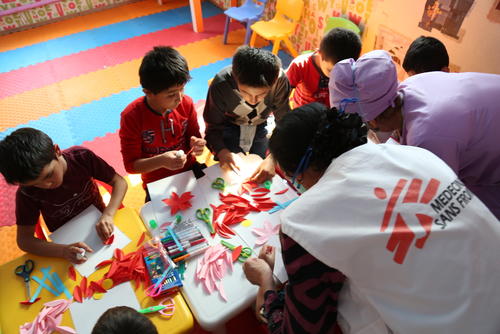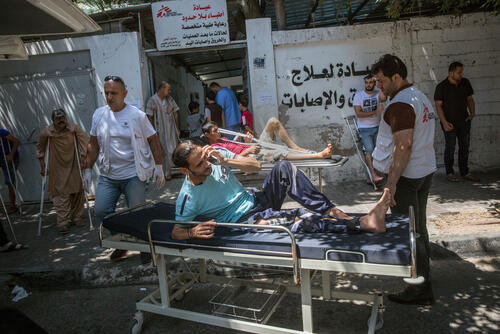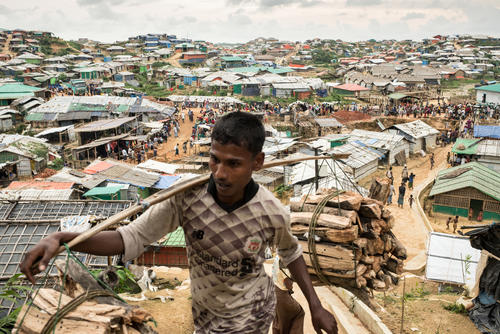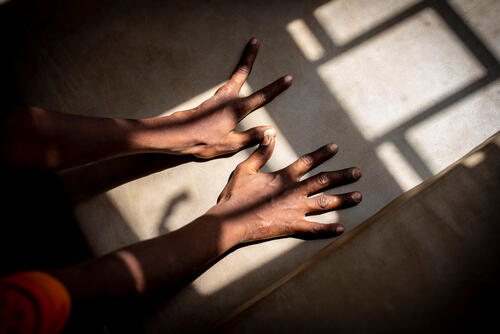
220
22
110
11
190
19
We support the implementation of a paediatric and family TB care project in Dushanbe, focusing on drug-resistant TB. Children are particularly vulnerable to TB, and paediatric forms of the disease are especially challenging to diagnose and treat.
MSF and the Ministry of Health of Tajikistan have developed a model of care that is both innovative and patient-centred, and proven to be effective. Our comprehensive approach includes contact tracing and testing, tailored dosing to make medicine easier to take, and monitoring and managing any side effects.
Our teams also offer adherence counselling, play therapy, education for inpatients, and psychosocial and nutritional support.
We have worked with the Ministry of Health to introduce newer drugs, including bedaquiline and/or delamanid, as well as shorter treatment regimens: 20 patients started short course regimens in 2018, and 30 started treatment on newer drug combinations.
By the end of the year, 262 patients – including 206 under the age of 18 – had benefited from treatment as part of this programme. In addition, our teams provided training for 878 doctors, nurses and healthcare staff, and 26 community volunteers.
We also work with the Ministry of Health through the Kulob paediatric and family HIV care project to detect HIV and initiate treatment for children and their family members.
The project focuses on diagnosing and treating opportunistic infections, preventing mother-to-child transmission, providing psychosocial support, and implementing infection control to prevent the transmission of blood-borne diseases.
In 2018, we successfully introduced two new screening tools for the detection of paediatric HIV, one of which was adopted nationwide, and trained 1,118 healthcare professionals. Thanks to increased case finding, 26 new paediatric patients started treatment.

















